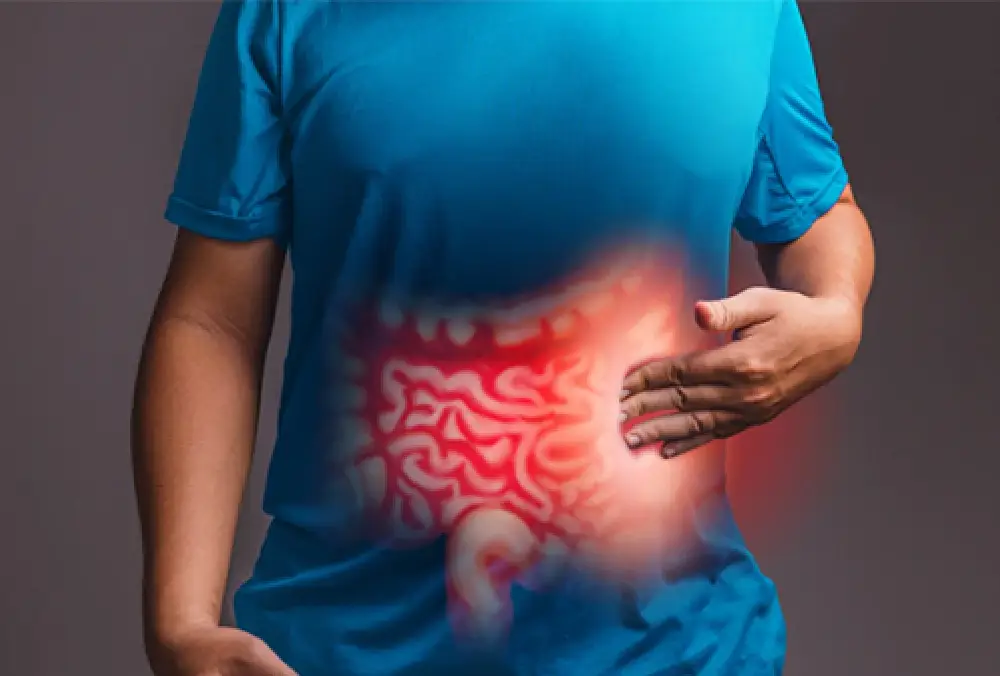Irritable Bowel Syndrome
Home -> Irritable Bowel Syndrome

- Gall Bladder Treatment
- Gastric Reflux Surgery
- Bariatric Treatment
- Irritable Bowel Syndrome
- Reflux
- Endoscopy
- Abdominoplasty
Overview
Dietary changes such as a low-FODMAPS diet and varying fiber intake according to symptoms are part of the treatment for Irritable Bowel Syndrome (IBS). Constipation, diarrhea, and stomach pain are among the symptoms that medications can help with. Probiotics might aid in the balance of gut flora, while regular exercise and stress reduction strategies might enhance general wellbeing. Maintaining a regular eating pattern and behavioral therapies like Cognitive Behavioral Therapy (CBT) are also helpful. Personalized care from a medical professional guarantees the most efficient method of treating IBS symptoms.
What are the types of Irritable Bowel Syndrome ?
Based on the most typical signs, there are numerous forms of Irritable Bowel Syndrome (IBS):
IBS with Constipation (IBS-C):
Symptoms: Predominantly constipation with infrequent bowel movements, hard or lumpy stools, and difficulty passing stools.IBS with Diarrhea (IBS-D):
Symptoms: Predominantly diarrhea with frequent, loose, or watery stools, and an urgent need to defecate.IBS with Mixed Symptoms (IBS-M):
Symptoms: Alternating between constipation and diarrhea, with variable stool consistency and frequent changes in bowel habits.IBS Unspecified (IBS-U):
Symptoms: Symptoms do not fit neatly into the categories of IBS-C, IBS-D, or IBS-M, or there is insufficient information for a specific diagnosis.
Symptoms
Irritable Bowel Syndrome (IBS) symptoms can vary, but usually include:
Abdominal Pain or Cramping
Changes in Bowel Habits
Bloating and Gas
Urgency
Mucus in Stools
Feeling of Incomplete Evacuation
Nausea
